What Congress Needs To Understand About Bitcoin
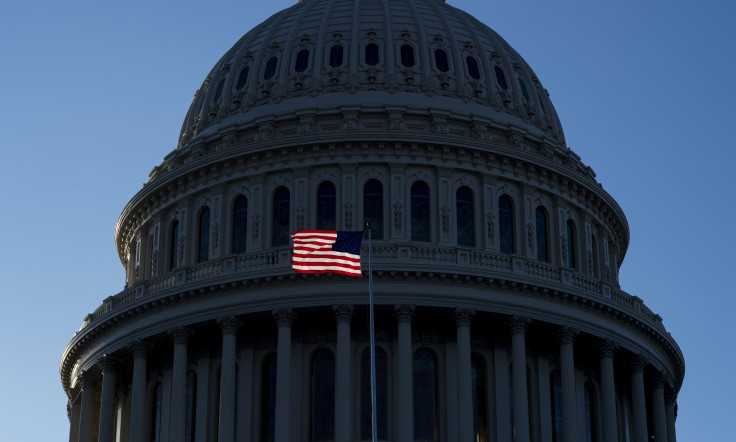
Bitcoin lovers, rejoice! Congress is finally taking baby steps towards recognizing cryptocurrency. Lawmakers are starting with death and taxes, loosely speaking. They’re trying to figure out how to tax virtual tokens, plus how blockchain technology applies to national security.
On Sept. 7, Democratic Rep. Jared Polis and Republican Rep. David Schweikert introduced a tax reform bill called the Cryptocurrency Tax Fairness Act of 2017. Right now, the Internal Revenue Service considers bitcoin a type of property, not currency. This means any time someone wants to buy pizza with bitcoin he should record it for tax purposes, just like if he sold or bought a house. (Cue eyeroll.) The new bill says cryptocurrency users would only need to account for transactions worth $600 or more.
“This creates a lot of friction for using bitcoin, or any cryptocurrency, as a daily payment system,” Coin Center executive director Jerry Brito, who offered consulting to the Congressional Blockchain Caucus, told International Business Times. “Most people probably don’t keep track of it, probably don’t report it...When you have a law that nobody follows, there’s something wrong with the law.”
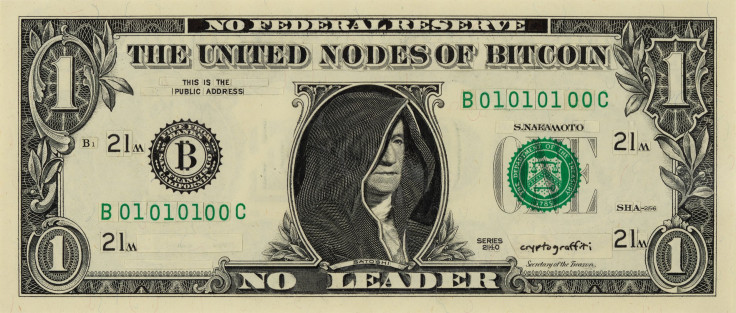
There’s no timeline yet for when this tax bill could actually become law. In the meantime, senators slipped an amendment into the $700 billion defense spending bill requiring research into “potential offensive and defensive cyber applications of blockchain technology.” According to Cointelegraph, engineers at the Defense Advanced Research Projects Agency are already experimenting with a blockchain-powered messaging service for the military.
Cryptocurrency users are already sending highly secure, encrypted messages on the Zcash blockchain, so there’s clearly a lot of untapped potential here. We asked a group of bitcoin and cybersecurity experts what lawmakers need to know about blockchain technologies. They were quite optimistic.

“Today we have a lot of infrastructure that’s centralized. When it’s compromised, it leads to big breaches of all kinds of information,” Brito said. “If you could use a blockchain to decentralize that infrastructure, you’d be a lot better off...you could avoid all kinds of attacks, especially DDoS types of attacks.”
Here’s what you need to know about cybersecurity, taxation and distributed ledgers:
1. Decentralized ecosystems are more secure than many of our current systems.
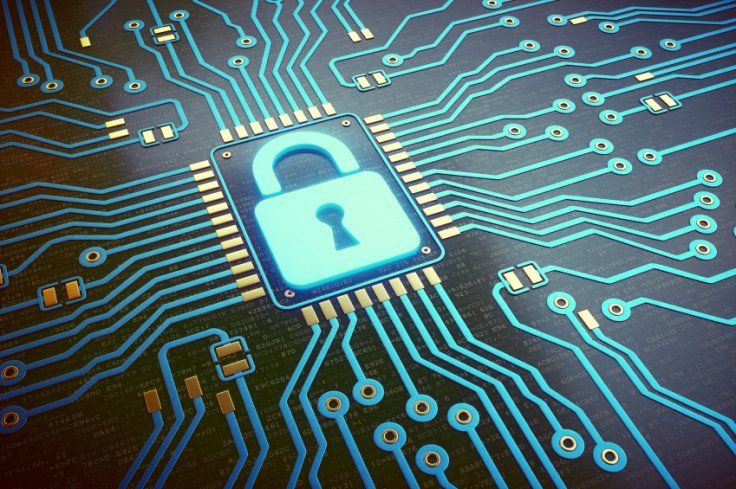
Israeli cybersecurity expert Keren Elazari has been following the cryptocurrency space for around five years, even playing with a few currencies like bitcoin. She’s a senior cybersecurity researcher at Tel Aviv University, who also moonlights as a security consultant for banks and global financial institutions. If there was a glaring vulnerability in bitcoin’s foundational technology, she’s the hawk-eyed pragmatist who would have found it.
"We haven't seen any huge vulnerabilities on that side, on the blockchain side, but we have seen a lot of hacks regarding the exchanges, the application developers, the wallets," Elazari told IBT. “Many times it’s really basic cybersecurity, fundamental mistakes. A basic lack of understanding of cybersecurity principles."
One such example is when hackers stole from the startup CoinDash, hacking its website and listing the wrong address for people looking to buy tokens during the initial coin offering. The startup’s regular old website was tampered with, not tokens or payment channels.
In order to influence the network itself, Elazari said a hacker would have to seize control of over half the nodes, or potentially also the bulk of miners. This is practically impossible, at least using current technologies. There’s no need to question the trustworthiness of cryptocurrency’s underlying structure.
"The blockchain protocol itself, from the way I see it, has been designed very securely and has been implemented very securely and it has been in the public eye, under public scrutiny, for several years,” Elazari said. “For me, that shows it is very secure."
Greg Martin, CEO of the security firm JASK and former cybersecurity advisor to the FBI and Secret Service, told IBT he hopes Congress will fast track infrastructure upgrades to include more decentralized networks. In the wake of the catastrophic Equifax hack, it’s pretty obvious that storing a bunch of confidential data in one central database is a dangerous game. Eventually, somebody will find a way in. “From a technological perspective, it [blockchain] does have a design that is more resilient to attacks,” Martin said.
2. Blockchain-based identities are be harder to steal or impersonate.
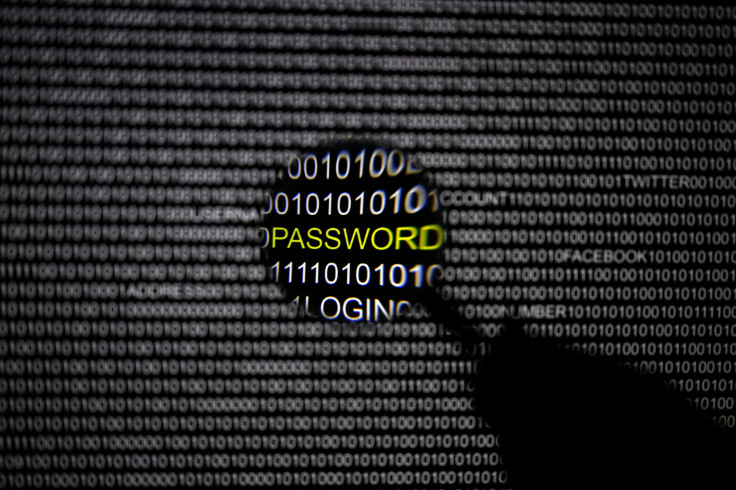
Breaking into a network, or redirecting it, is just one way for hackers to threaten national security. Another path harkens back to Hollywood spy movies: Pretend to be somebody who has security clearance. Today’s common identification methods are all painfully outdated.
“One thing I really think we should get rid of is user names and passwords," Elazari said. "Social security and credit reporting, these concepts in my opinion should be changed, broken down, redesigned... It's really a terrible method for identifying... I would like to see something potentially using blockchain technologies, or maybe just a decentralized system, to help the verification and identification of Americans."
India is already adopting a blockchain-based identity program, Aadhaar. So far Indian authorities are describing it as a secure tool for preventing identity theft. Even if you’re not a government agent with access to sensitive information, blockchain technology could help citizens avoid the type of vulnerabilities revealed by the Equifax hack. “The average person should start to learn more about financial options like bitcoin,” Martin added.
3. Lawmakers don’t need to fear the privacy of cryptocurrencies.
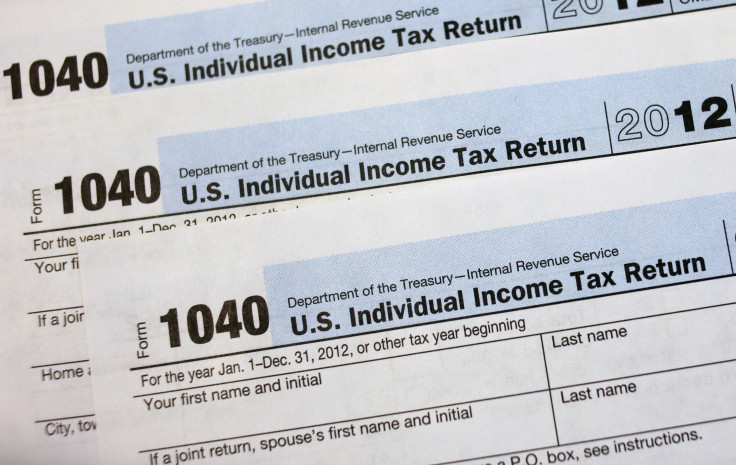
According to CoinDesk, the government’s upcoming blockchain technologies report will include an overview of current uses by foreign countries, criminals and terrorists. Cryptocurrency is only as trustworthy as the people who use it. The cybersecurity firm FireEye reported North Korean hackers were behind several cyberattacks against bitcoin exchanges and cryptocurrency wallets over the past few months. Anonymous cryptocurrencies like monero can also be used for black market deals and tax evasion.
“It does lend itself to many uses. Including innocent, everyday uses like buying pizza, but also to circumventing sanctions," Elazari said. "They could use cryptocurrency to fund terrorist activities or other activities... The rise of ransomware has a lot to do with the ability to receive payments through bitcoin and cryptocurrencies."
However, most cryptocurrency experts agree that blockchain technology doesn’t hinder old-fashioned police work. Bitcoin itself is inherently traceable and transparent. Monero and zcash, which offer more privacy, might require more creative solutions from the intelligence community. Improved tax laws could go a long way toward identifying bad actors. The government doesn’t need sweeping financial surveillance in order to uphold the law. It needs a broader overview to identify patterns that match up with offline threats and consumer habits.
The IRS missed the point when it audited the cryptocurrency exchange Coinbase, demanding personal information and transaction records for around 500,000 users. “When you have third parties like brokers or a bitcoin exchange, they can help by providing you and the IRS with a copy of your income, your gains. This is why your employer gives you a W2. Your brokerage a 1099,” Brito said. ”That’s all they need. What they don’t need is your transaction history.”
If lawmakers want to curb tax evasion, they should provide clear laws for cryptocurrency users. “If they had issued guidance, that would have allowed things like Coinbase to do the kind of informational reporting that I’m talking about. They would have not needed to go this John Doe summons route,” Brito said. “You have taxpayers out there who want to do the right thing, but they have very little information about how to do that.”
All things considered, legislation is still a slow process. It will take a while for Congress to build up a national framework to fit the new world of blockchain technologies. Experts have said they hope research and education will guide those decisions down the line.
© Copyright IBTimes 2025. All rights reserved.




















